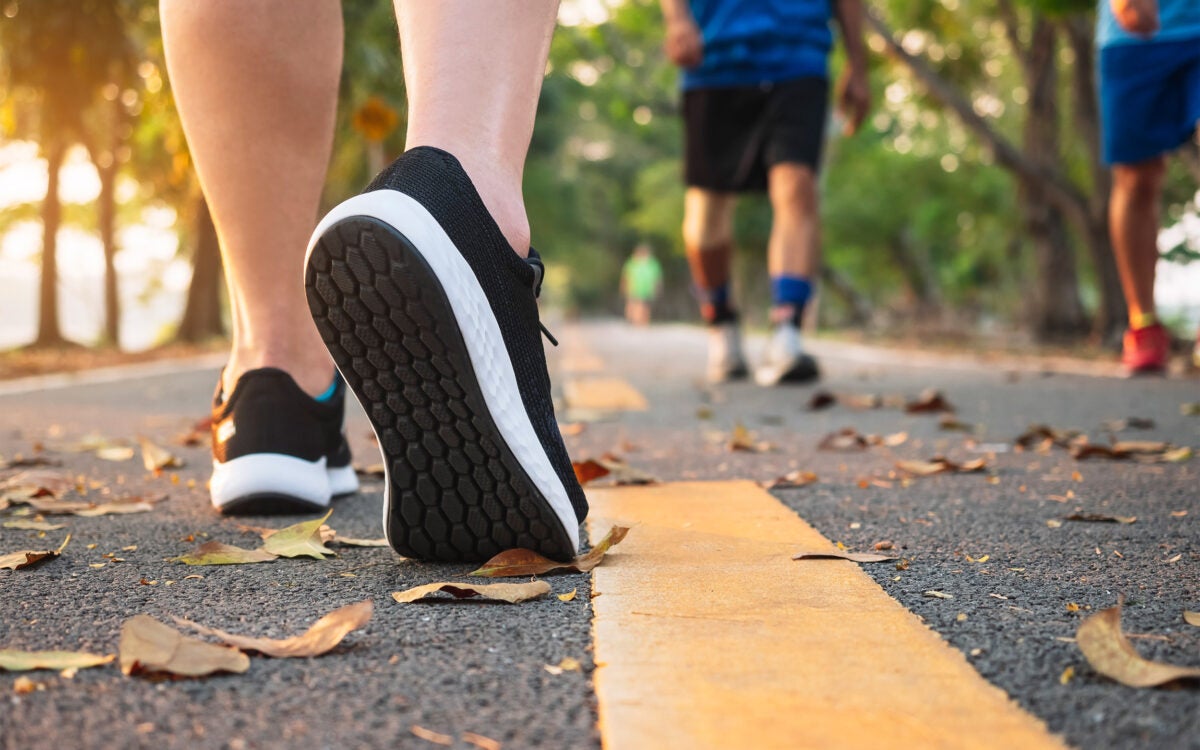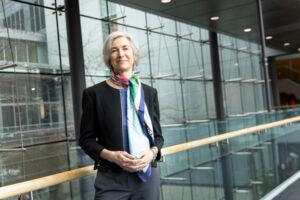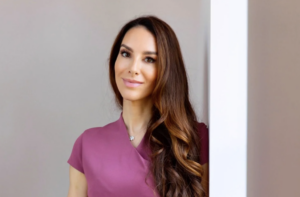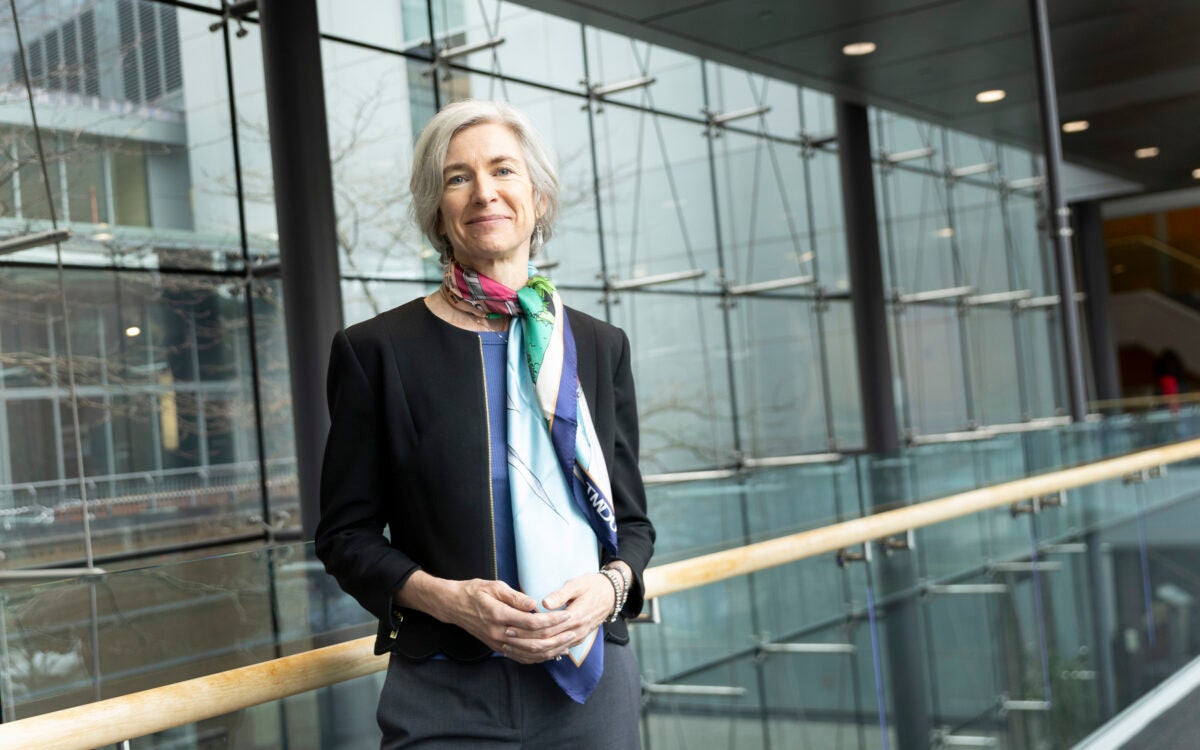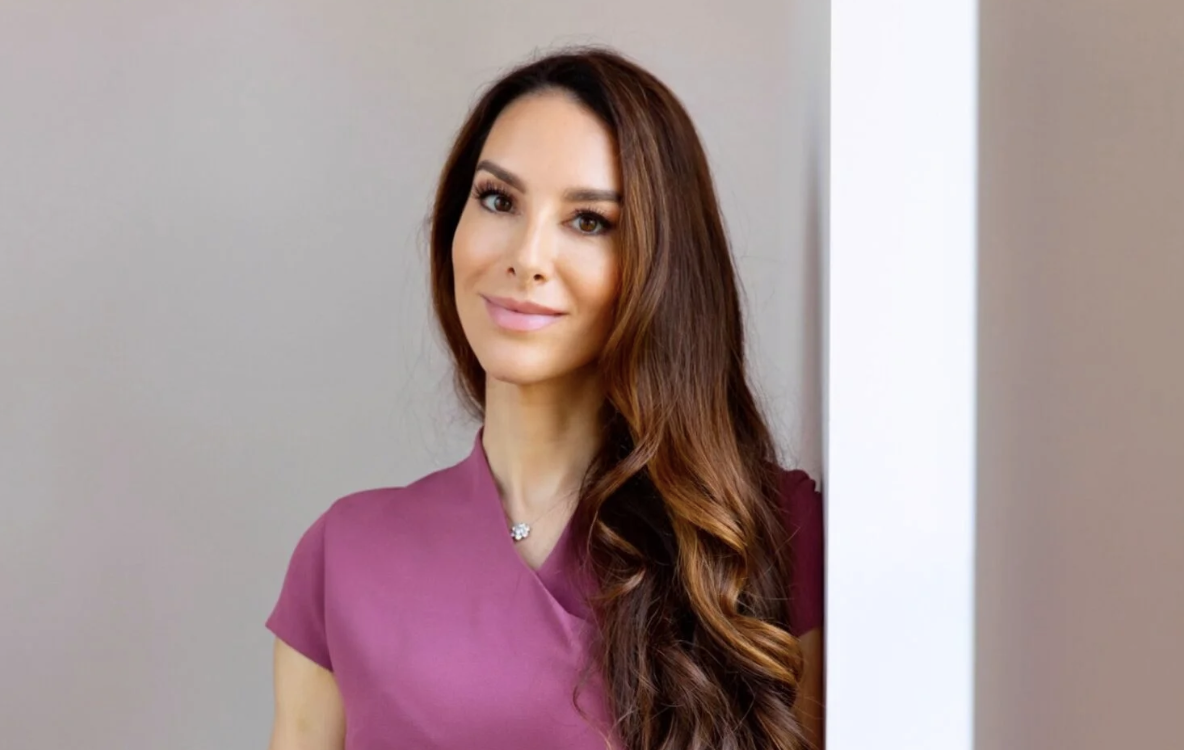MGH initiates Phase I of its diabetes trial
Studies show mice cured of type 1, human trials to begin
Scientists at Massachusetts General Hospital (MGH) have initiated a Phase I clinical trial to reverse type 1 diabetes. The trial is exploring whether the promising results from the laboratory of Denise Faustman can be applied in human diabetes.
Faustman’s previous studies have shown that mice with a form of diabetes that closely resembles type 1 diabetes in humans can be cured. In the animal studies, a commonly used vaccine that provides protection against tuberculosis (called Bacillus Calmette-Guerin [BCG]) was used effectively to deplete the abnormal immune cells that attack and destroy the insulin-producing cells of the pancreas. The first step in the human study, which is currently enrolling volunteers, is to determine whether the same strategy using BCG vaccination can be used to modify the abnormal autoimmune cells that are present in type 1 diabetes, sometimes called “juvenile-onset” diabetes.
“We are pleased to be starting human clinical trials,” said Faustman. “Human trials take time, but we are making the step from curing diabetes in mice to determining whether it will work in men and women with diabetes.”
Type 1 diabetes usually starts during childhood or adolescence and can cause a variety of severe complications including kidney failure, loss of vision, amputations, heart disease, and strokes. It occurs when a person’s immune system attacks and destroys the insulin-producing cells in the pancreas. In the absence of insulin, which is necessary for sugar and other nutrients to enter cells, blood sugar levels rise. The risk for developing complications is closely linked to the elevated blood sugar levels over time. If blood sugar levels are well controlled, the long-term complications can largely be avoided. However, the so-called intensive therapy that is required to maintain near-normal sugar levels requires life-long demands on the patient, including frequent blood sugar monitoring and at least three daily injections of insulin or use of an insulin pump, along with restrictive diets. Insulin doses must be adjusted based on blood sugar levels, dietary factors, and anticipated exercise. Thus, a cure for diabetes has been highly sought after and has attracted much research interest.
The clinical trial is using the BCG vaccine for several reasons. BCG has been used safely for nearly 80 years as a tuberculosis vaccine. It is now being used in the human trial because it causes a low-grade inflammatory reaction, which in the mouse model of autoimmune diabetes lead to the destruction of the abnormal autoimmune cells.
David M. Nathan, director of the MGH Diabetes Center, who is leading the human study at MGH, provided context: “This is the very first step in what is likely to be a long process in achieving a cure. We first need to determine whether the abnormal autoimmune cells that underlie type 1 diabetes can be knocked out with BCG vaccination, as occurred in the mouse studies.”
The Phase I trial is being supported largely through direct and fundraising support from the Iacocca Foundation, and through support from other donors and MGH.
